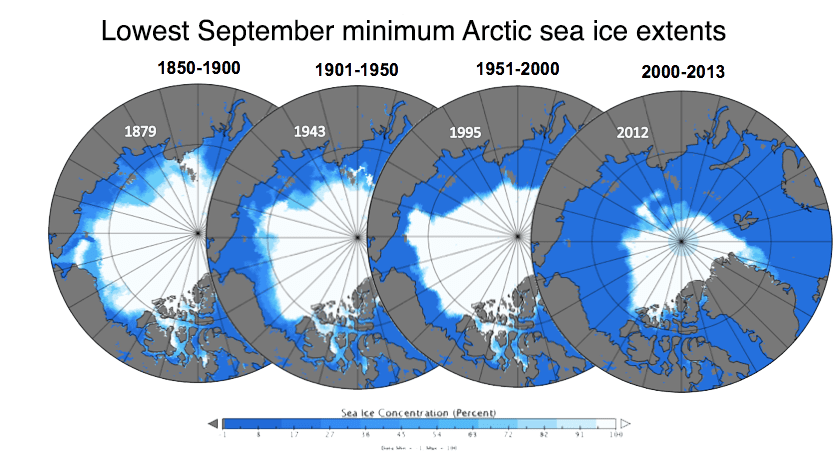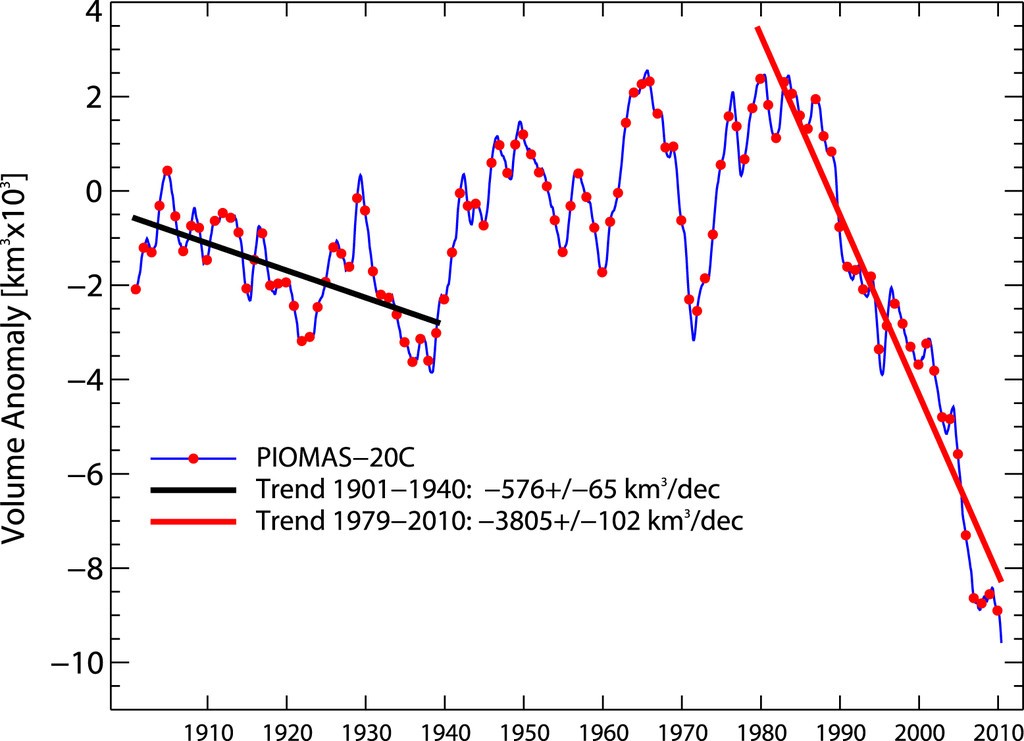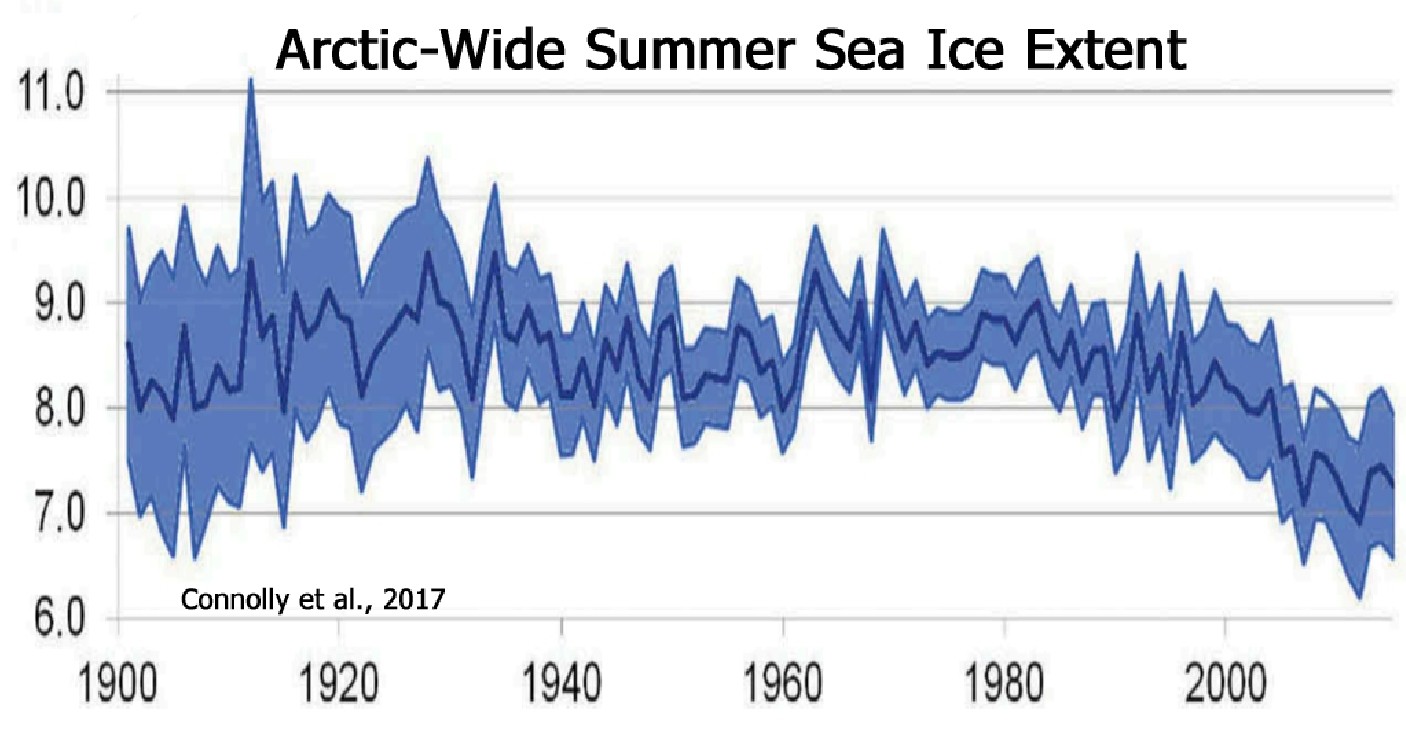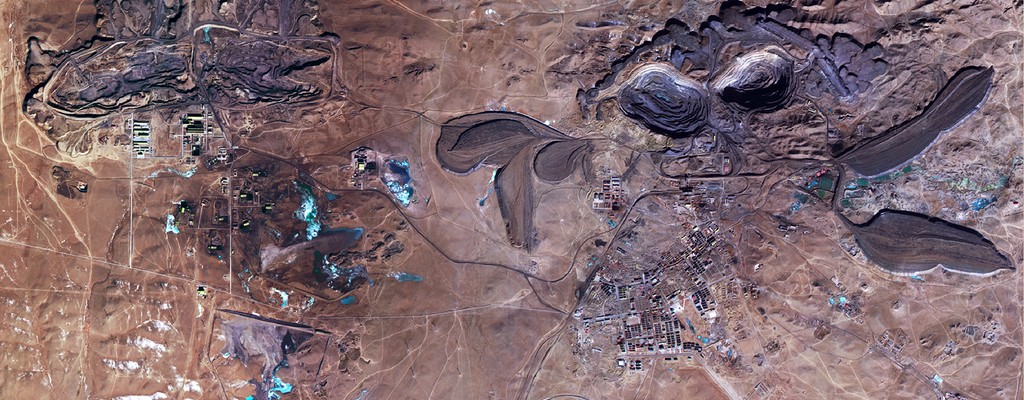The graph in skeptical science is taken from the 3rd link i sent you, which is a peer review scientific paper. The graph is based on observed satellite data, are you saying this graph is fake? I can provide NASA link if you want to, showing similar graphs, but you know better?
I need to start work, but which chart are you referring to? Obviously modern satellite data is accurate.










